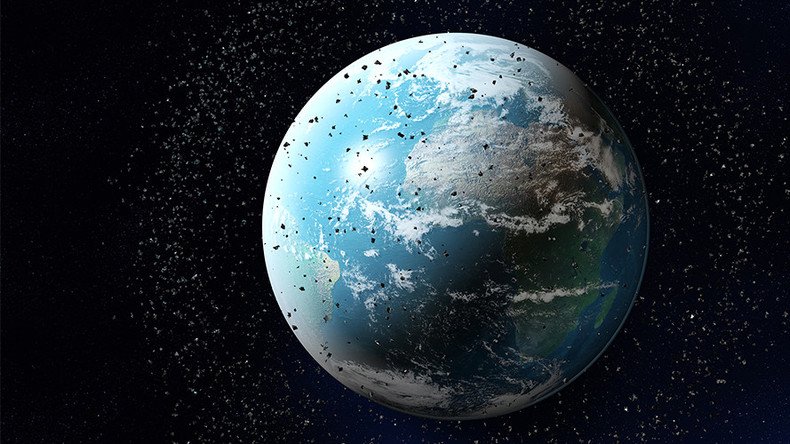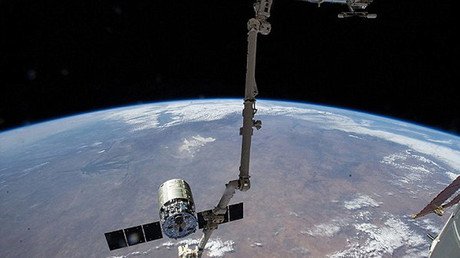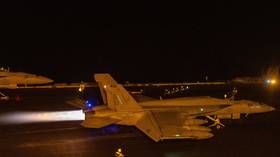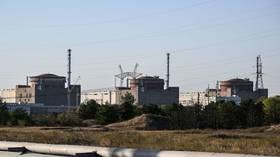‘Catastrophic avalanche of collisions’: Space junk can destroy satellites, scientists say

At least 170 million pieces of rapidly-moving space junk are now circulating in Earth’s orbit and this debris may even lead to a “catastrophic avalanche of collisions” and destroy all working satellites and even threaten economies, scientists said.
“The space junk problem has been getting worse every year,” head of Australia's Space Environment Research Centre, Ben Greene, told AFP.
Some 170 million pieces of debris or ‘space junk’ are currently orbiting Earth and only 22,000 are tracked, said Greene, who’s currently hosting a conference among international space scientists in Canberra.
“We're losing three or four satellites a year now to space debris collision. We're very close, NASA estimates, of within five to 10 years of losing everything,” Greene said, adding that “a catastrophic avalanche of collisions which could quickly destroy all orbiting satellites is now possible.”
Greene suggested that such collisions can threaten world economies, drawing an example of Australia’s dependence of satellites.
“The Australian economy is entirely dependent on space,” Greene said. “We're a big country with few people and the only way we can service it, whether it's with surveillance, safety or search-and-rescue, is from space.”
A major collision of space junk is “inevitable,” if the problem is not handled properly, space debris expert Moriba Jah from the University of Texas who joined the Canberra conference told he Australian Broadcasting Corporation.
“You've driven on the roads here when you have a lot of mist or fog, and you have to go really slow, and you just don't know what's really around you. That's the perfect analogy to space right now,” Jah said.
NASA defines space debris as “any man-made object in orbit about the Earth which no longer serves a useful function.” Such space junk may travel at speeds up to 27,000kph, “fast enough for a relatively small piece of orbital debris to damage a satellite or a spacecraft,”according to NASA.
NASA says that some 500,000 pieces of debris are currently being tracked, while more than 20,000 pieces of debris are “larger than a softball orbiting the Earth.”
It may even present a potential danger for the International Space Station (ISS), as well as for various spaceships and shuttles with humans abroad.
READ MORE: Space junk mission drawn into Earth's atmosphere & destroyed
The proper disposal of space ‘trash’ has recently become more of a concern, since simply jettisoning items out of ships has created a large amount of space junk.
In February this year, NASA astronauts dumped a ton-and-a-half capsule of trash out of the ISS in what looked like the biggest instance of littering in space ever.














